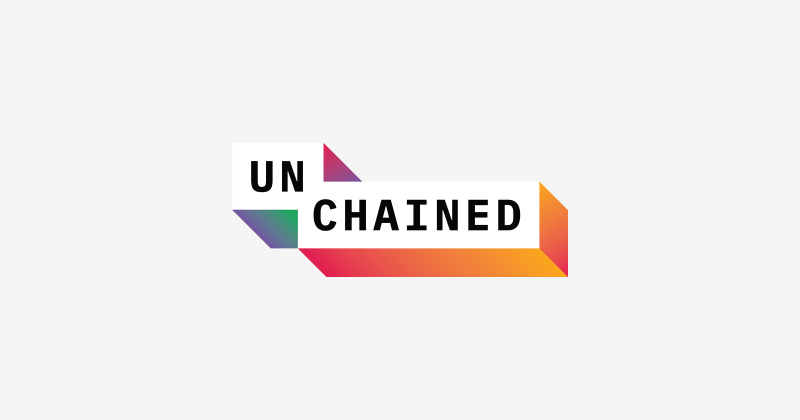US software giant Microsoft announced this evening that it had blocked the use of its Azure cloud computing system from several accounts belonging to the Israeli Ministry of Defense which it said had breached the terms of use. This followed an investigative report in “The Guardian” which alleged that IDF signals intelligence unit 8200 was using Azure to store data from mass surveillance of Palestinian civilians. Microsoft vice chairperson and president Brad Smith wrote on his Microsoft corporate blog: “…we have found evidence that supports elements of The Guardian’s reporting. This evidence includes information relating to IMOD consumption of Azure storage capacity in the Netherlands and the use of AI services.”
“We decided to undertake a review of allegations that appeared in an article published on August 6 by The Guardian about a unit of the Israel Defense Forces (IDF). As we explained at that time, The Guardian article reported that ‘multiple individuals have asserted that the IDF is using Azure for the storage of data files of phone calls obtained through broad or mass surveillance of civilians in Gaza and the West Bank,’” Smith wrote.
“We have reviewed The Guardian’s allegations based on two principles, both grounded in Microsoft’s longstanding protection of privacy as a fundamental right. As employees, we all have a shared interest in privacy protection, given the business value it creates by ensuring our customers can rely on our services with rock solid trust,” Smith continued.
“First, we do not provide technology to facilitate mass surveillance of civilians. We have applied this principle in every country around the world, and we have insisted on it repeatedly for more than two decades. This is why we explained publicly on August 15 that Microsoft’s standard terms of service prohibit the use of our technology for mass surveillance of civilians.
“Second, we respect and protect the privacy rights of our customers. This means, among other things, that we do not access our customers’ content in this type of investigation.”
Smith added, however, that “this does not impact the important work that Microsoft continues to do to protect the cybersecurity of Israel and other countries in the Middle East, including under the Abraham Accords.”
Blocking the ability to store telephone calls of civilians in Judea, Samaria, and the Gaza Strip is liable to harm Israel’s national security. The technology enables the IDF to monitor conversations in which a terrorist attack or the establishment of terrorist infrastructure is discussed. The current move represents a significant change of approach on the part of Microsoft, which until recently saw Israel as not only a development center employing thousands of engineers, but also as a target market. The company tried to become the official provider of cloud services to the Israeli government in the Nimbus project tender run by the Ministry of Finance, but lost out to Amazon and Google. It appealed against the decision to the court, but eventually withdrew its appeal.
The politically sensitive investigation was placed in Smith’s hands. Microsoft CEO Satya Nadella has refrained from commenting on it. Microsoft became a special target of protests both from outside the company and within it following the report in “The Guardian”. Anti-Israel activists interrupted Smith, Nadella, and other senior Microsoft executives at gatherings of the company’s employees, and last month even stormed Smith’s office. Two of them were fired, but Smith stated that an investigation of the Israeli defense establishment was underway at the company.
This is the first time that a major US technology company has openly imposed sanctions on Israel because of the war in the region. The Biden administration placed Israeli cyber companies NSO and Candiru on a blacklist of the Department of Commerce at the initiative of then deputy national security adviser Maher Bitar, a young official of Palestinian origin who was one of the founders of the pro-Palestinian student cell at Georgetown University.
Published by Globes, Israel business news – en.globes.co.il – on September 25, 2025.
© Copyright of Globes Publisher Itonut (1983) Ltd., 2025.



























